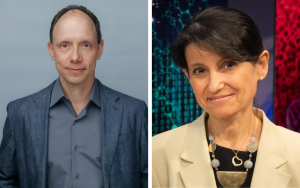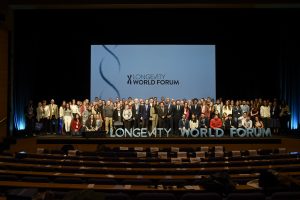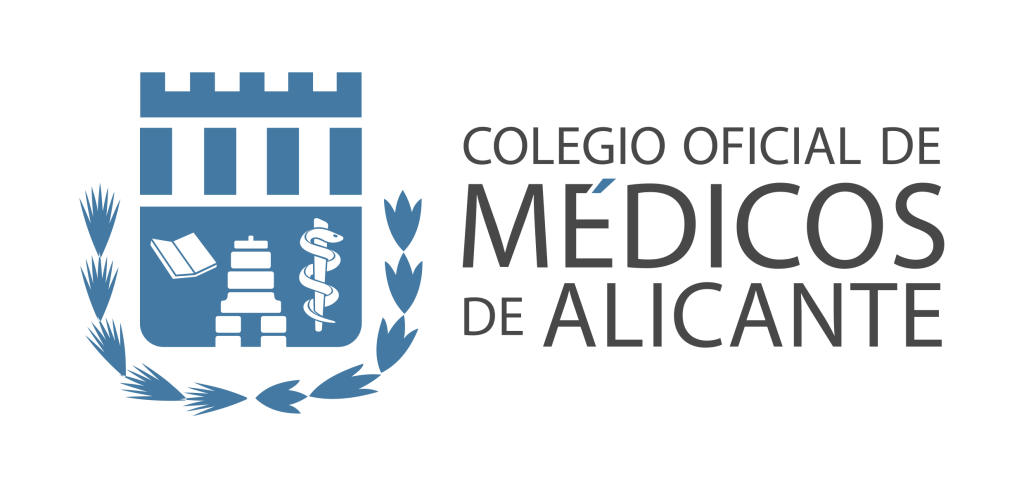The second day of the Longevity World Forum, the international congress on healthy aging, served to share the latest research underway on the subject of longevity. The professionals participating explained their different approaches to this subject and emphasised the need to focus medicine towards guaranteeing quality of life in old age, since the impact of chronic diseases has recently become greater than the increase in life expectancy.
In this respect, Rafael de Cabo, chief of the Translational Gerontology Branch of the National Institute on Aging in Baltimore (USA), indicated that it is not possible to detain aging, but that it can be delayed or slowed. Specifically, he presented calorie restriction as one of the possible interventions. Although specific strategies have not been applied to people, interesting results are being obtained in clinical trials.
Manuel Collado, head of the cancer and aging stem cell laboratory at the Health Research Institute of Santiago (IDIS), and Manuel Serrano, a doctor and professor who is currently working on the ICREA programme of the Institute for Research in Biomedicine of Barcelona (IRB Barcelona), focused their attention on senolytic therapies, that is, those dedicated to reducing the accumulation of senescent cells inherent to age, or even eliminating them. This could result in a mechanism for the suppression of tumours or the prevention of pulmonary fibrosis.
Furthermore, Carlos F. Sánchez noted that senescence can also be detected in cardiovascular diseases. His presentation focused on pointing out the factors that mark vascular age and the importance played in this by endothelial cells, as well as the relationship between their dysfunction and the alteration of the immune system and oxidative stress.
The evening session of the Longevity World Forum served to present different initiatives developed by industry in the field of longevity, thanks to R&D&i. This is the case of the senolytic medicine being developed by Senolytic Therapeutics, Inc. (Boston), the medical images offered by QUIBIM (Valencia), the epigenetic reprogramming currently being worked on by Turn Biotechnologies, Inc. (USA), and the personal genome data sharing promoted by Cambridge Precision Medicine Ltd. (United Kingdom).
The final session of the Longevity World Forum will take place on 15 November, at the Palacio de Congresos (Conference Centre) of Valencia, and it will focus on the social and economic aspects of longevity and on the proven guidelines for healthy aging. To this end, presentations will be given by Maria Entraigues Abramson, Global Outreach Coordinator of SENS Research Foundation (USA), and Álvaro Pascual-Leone, professor of Neurology at the Harvard Medical School (USA), among other speakers. Furthermore, attendees will hear the testimony of Liz Parrish, the “patient zero” of the first successful gene therapy against aging.





